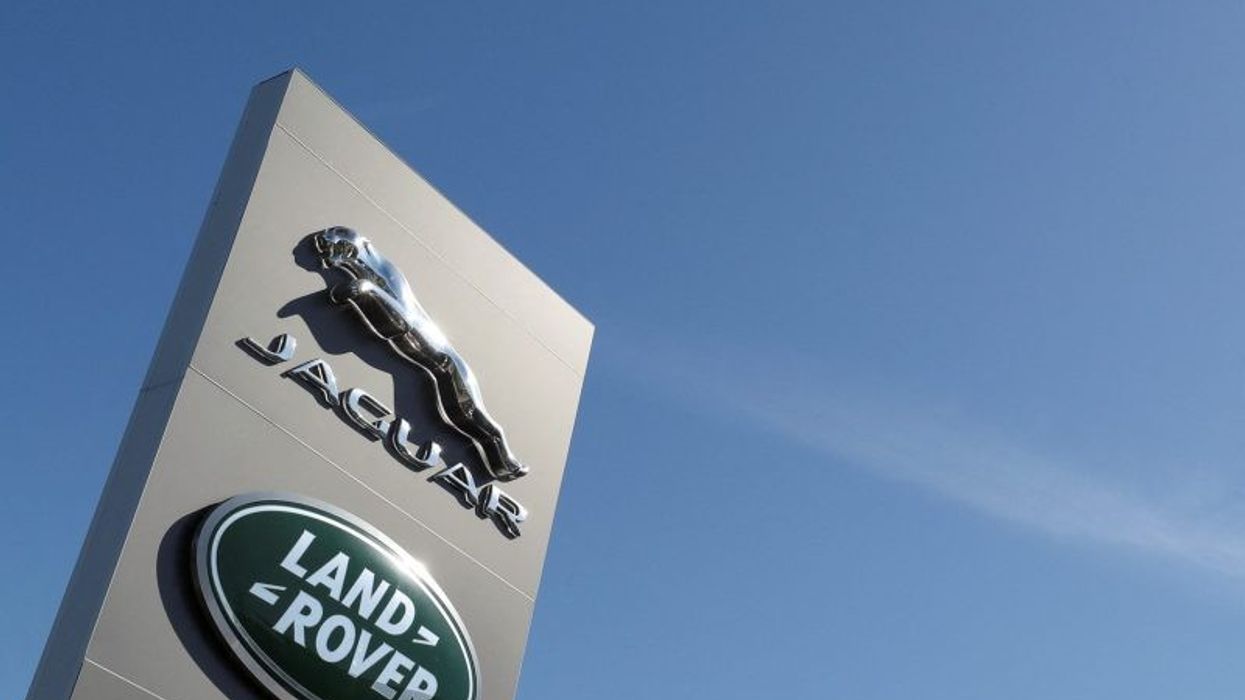JAGUAR LAND ROVER said it will expand its workforce as part of its plan to invest £15 billion to ramp up productions and foray into the electric vehicle market.
The Tata Motors-owned luxury carmaker announced 300 new technicians and test engineers will be recruited across its three facilities in the West Midlands.
Some 100 of them will work for its Solihull plant where the company plans to increase the production of Range Rover and Range Rover Sport vehicles by 30 per cent. Technicians would also be trained to support production of new electric Range Rovers, it said.
The remaining 200 people it intends to hire will be based at the firm’s Gaydon engineering centre and Whitley Powertrain facility, where they will be involved in testing and development.
All its technicians and test engineers will be upskilled as part of the company’s Future Skills Programme to meet its electrification requirements.
JLR has a global employee count of more than 38,000.
The announcement on new hiring comes after JLR posted revenues of £6.9 billion in the April-June quarter, up 57 per cent year-on-year as the earnings were boosted by a 29 per cent increase in retail sales.
It was its third consecutive profitable quarter and highest production output for the luxury carmaker after the world recovered from the pandemic.
JLR has plans to transform its Solihull, Wolverhampton and Halewood plants to produce electric vehicles.
It has announced the launch of Range Rover BEV and electric Jaguars, which will be built in Solihull.
JLR’s executive director of industrial operations Barbara Bergmeier said Solihull and Gaydon were “at the heart” of the carmaker’s global operations and the hiring will be “an opportunity for talented individuals to be part of our transformation to electrification.”
Tata Group last month said it would set up a 40GW battery cell gigafactory in the UK to deliver electric mobility and renewable energy storage solutions and JLR and Tata Motors would be the anchor customers.
Jaguar Land Rover to create 300 new jobs in West Midlands
The expansion of the workforce is part of the carmaker's plan to invest £15 billion




